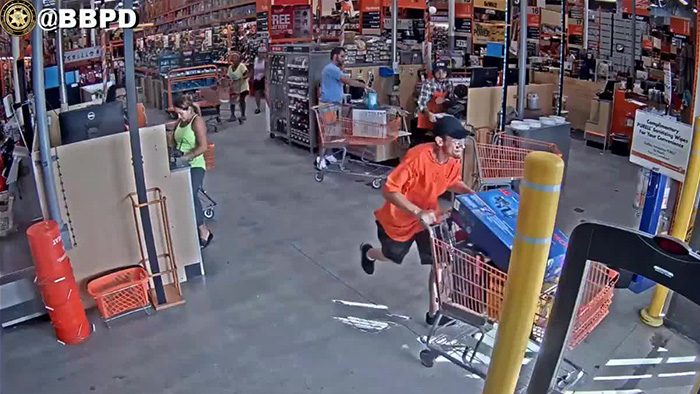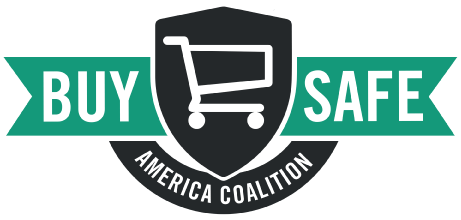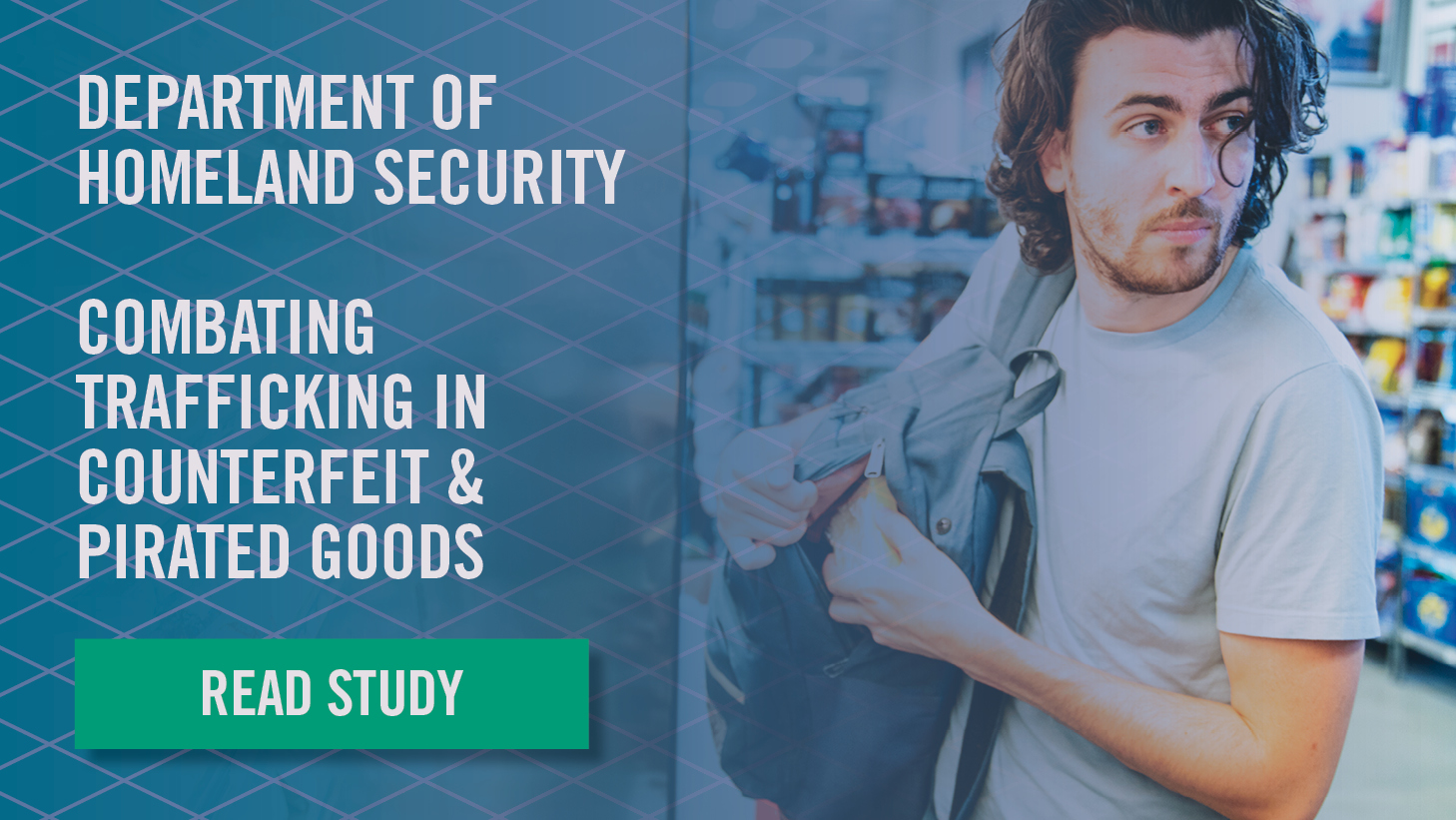The Problem
Organized criminal networks are becoming more aggressive and more brazen
The free market has transformed the way Americans shop, and the coronavirus pandemic has accelerated many industry trends in both physical retail and e-commerce. Online marketplaces operated by big tech companies like Amazon and Facebook have seen exponential growth. And while these third-party platforms have their place in an increasingly diverse and digital economy, often connecting legitimate small businesses to a large and growing pool of online shoppers, they have also become a favorite for unscrupulous sellers and criminals to unload counterfeit and stolen goods. Stolen, counterfeit, expired and defective products, goods made with unsafe levels of chemical substances, and items that do not meet US quality and safety standards have flooded dominant online marketplaces. Absent reform, legitimate businesses and valued American brands employing millions of workers will continue to be harmed.
Sale of Fraudulent Goods is Skyrocketing
The sale of fraudulent goods is a $509 billion criminal enterprise according a recent rerport by the Department of Homeland Security. Criminals use the anonymity of online marketplace platforms to create the appearance of a legitimate business. They use these accounts to flood marketplaces with counterfeit products and stolen merchandise. The ease of selling illicit goods to unsuspecting consumers has attracted organized criminal networks that are becoming more aggressive and more brazen as a growing number of Americans shop online amid the pandemic.
Big Tech Cannot be Left to Solve the Problem
Big Tech has largely ignored this growing problem and the concerns of legitimate sellers and consumers who have been targeted by these criminal elements. And the result has been a surge in organized retail crime targeting local retailers, and a flood of unsafe and illicit products sold to unsuspecting consumers. Big Tech cannot be left to solve a problem from which they currently generate immense and growing profits. Congress must modernize our consumer protection laws to hold these platforms accountable and give consumers and law enforcement the tools to track and prevent illicit sales. We can fix this problem by implementing common-sense measures that promote safety, transparency, and accountability.
Amazon Is a Private Government. Congress Needs to Step Up.
Ken Buck, a Republican representative who is a member of the conservative Freedom Caucus, continued the theme, grilling Bezos about evidence that Amazon had deliberately allowed counterfeits to proliferate on its site in order to extract protection money from suppliers. He cited the experience of PopSockets, a start-up in his home state of Colorado that makes popular phone accessories. The company’s founder told the subcommittee that Amazon declined to rid its website of fake versions of his products until he agreed to spend $2 million to advertise on the site.

What is Organized Retail Crime
Criminals are increasingly turning to online marketplaces to quickly and discretely move mass quantities of stolen merchandise. Unfortunately, these criminal rings are growing more brazen and violent, putting the safety of customers and store employees in jeopardy.
Learn More
The INFORM Consumers Act
The time is now for Congress to modernize consumer protection laws by requiring online marketplaces to collect and verify basic seller information, and for sellers to provide that information to consumers.
Learn More
Frequently Asked Questions
What constitutes a counterfeit product? Why aren’t major online marketplaces doing more? Answers to common questions around the issue of organized retail crime.
Learn More
